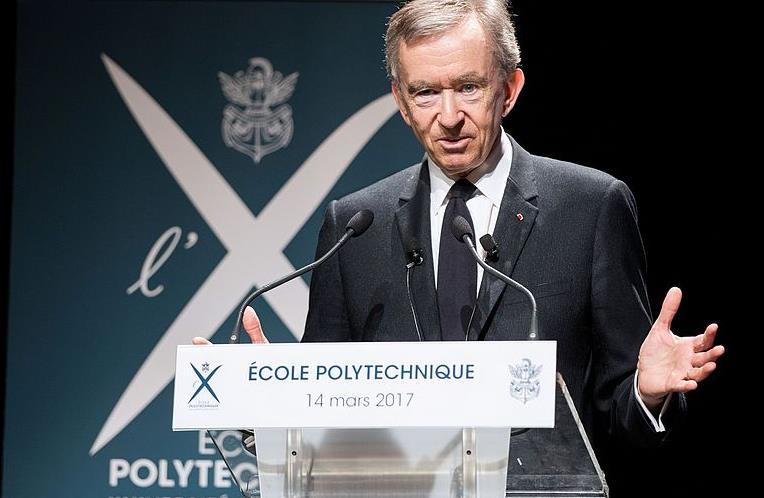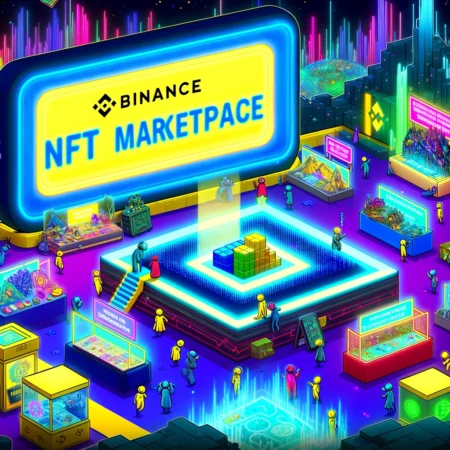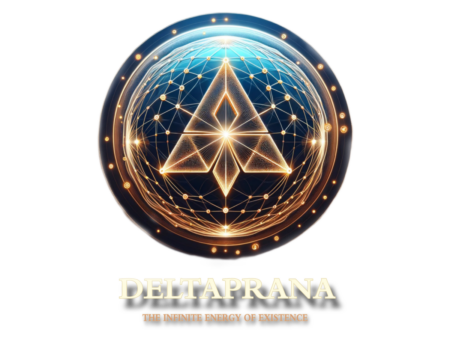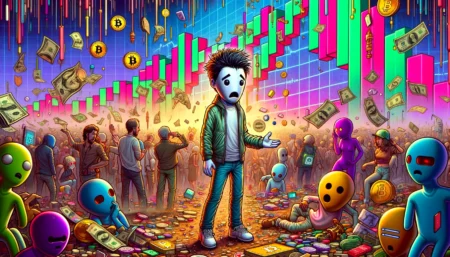“We’re not interested in selling virtual sneakers for 10 euros,” Bernard Arnault, chairman and chairman of French luxury giant LVMH Group, said on a conference call releasing its 2021 results.
He also used the bubble in the early days of the Internet as a warning to people to be wary of the metaverse, saying: “At that time, all kinds of things suddenly popped out from all directions and then quickly shattered. There were several companies like Facebooks, but Only one survived.” He added: “We have to be wary of bubbles” and “we have to warn”.
“Metaverse” is one of the hottest buzzwords of 2021. It is an umbrella term referring to a series of immersive online interfaces under development, of which cryptocurrencies and blockchain are often central.
But Bernard Arnault also admitted that he is watching developments in this area and is interested in the potential applications of NFTs. “There may be related applications in this area, but we have to see which ‘universes’ are really profitable,” he said. “It’s going to be interesting to see how it generates value.” NFTs are generating profits and I believe if it develops well, it will have a positive impact.”
The LVMH group, which controls top luxury brands like Louis Vuitton, Dior and Tiffany, is in no hurry to sell virtual fashion.
“As fascinating as this (metaverse) is, at this stage, we’re selling real products in the real world.”
Bernard Arnault
Bernard Arnault’s attitude is in stark contrast to many of his luxury peers
Kering-owned Gucci and Balenciaga have experimented with the Metaverse, selling virtual sneakers for $12 on the Wanna app, in games like Roblox and The Sims. Launched item packs; in January this year, it cooperated with American designer Chaowan and animation entertainment company Superplastic to launch the CryptoJanky NFT joint series.
Balenciaga launched virtual item packs in the Fortnite game.






